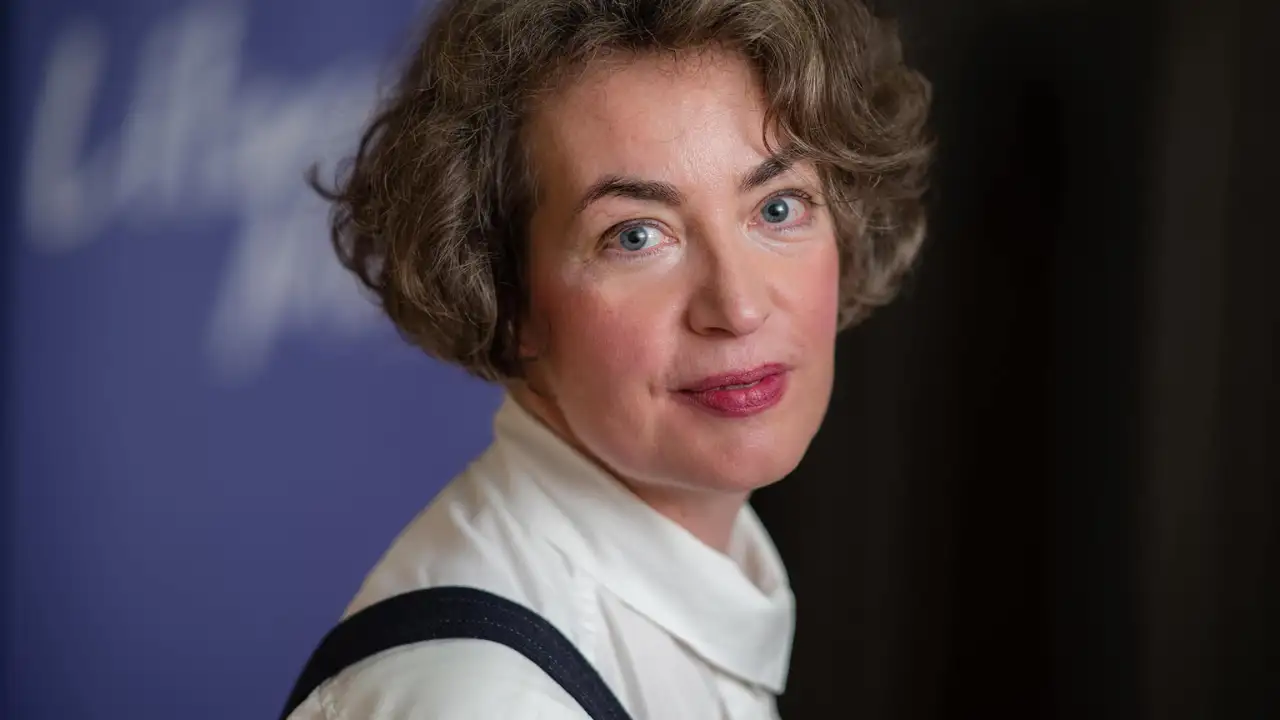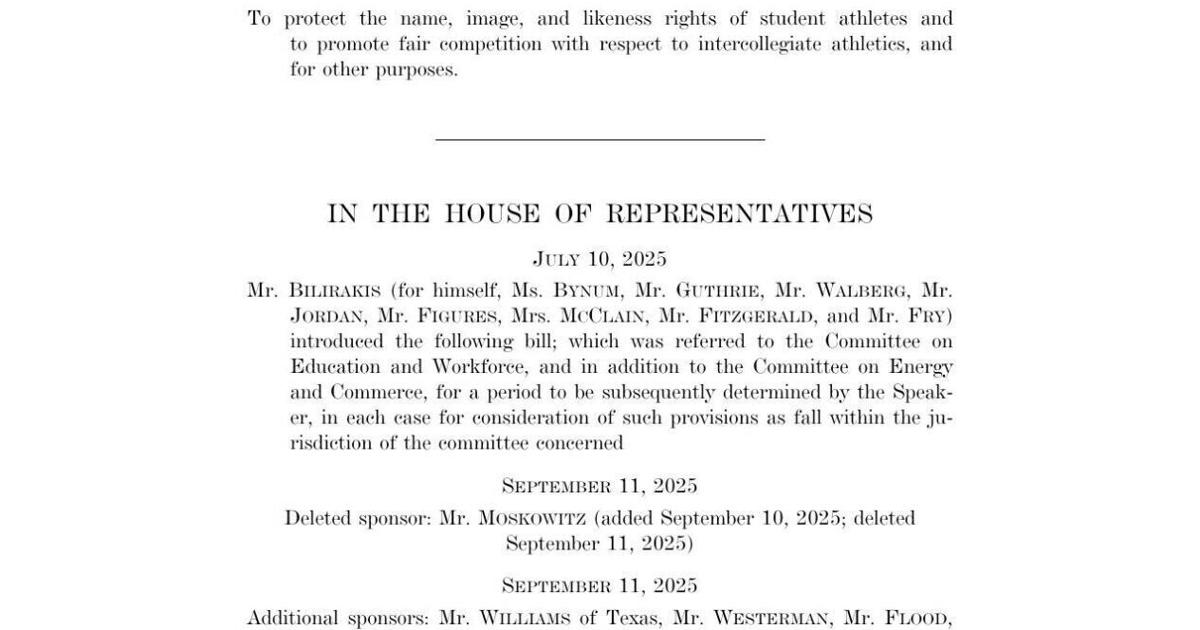Copyright timesnownews

A publisher has issued an apology to a prize-winning author following a literary controversy. Kate Clanchy became the focus of an intense online debate in 2021 after facing allegations of using racist descriptions of children in her memoirs, 'Some Kids I Taught and What They Taught Me.' Four years later, global publisher Pan Macmillan has apologised to the author "and many others" involved in the controversy, calling the incident "a regrettable series of events in Pan Macmillan's past." Clanchy’s book, which won the prestigious Orwell Prize for Political Writing in 2020, recounts her three decades of teaching English and poetry in British state schools. The memoir was widely praised by critics before going on to win the prize, but a year later, it became the centre of an online controversy. Clanchy faced allegations of racism, classism, and ableism, with critics accusing her of exoticising children through the language used in 'Some Kids'. Writers, readers, and academics on social media condemned several passages for dwelling on the children’s skin colour and physical traits. The fallout divided opinion — some viewed it as a necessary moment of accountability for the publishing industry, while others saw it as the unfair silencing of an acclaimed author and teacher. In 2022, Clanchy ended her long relationship with Picador, an imprint of Pan Macmillan that had been her publisher for over two decades. Reflecting on the experience, she said she "never felt supported by them for a minute, they were absolutely unsupportive." In a statement to the BBC, issued in response to questions for a new Radio 4 series examining the controversy, Pan Macmillan’s CEO, Joanna Prior, who joined the company after its split with Clanchy, said: "This was clearly a regrettable series of events in Pan Macmillan's past. "I'm sorry for the hurt that was caused to Kate Clanchy and many others." Clanchy, who denies allegations of racism and other criticisms of her writing, says the controversy left her professionally and personally devastated. She lost work, felt excluded by her peers, and even contemplated suicide. She told the BBC: "I really wanted to die for a very long time." Several of the book’s critics have also said they endured significant abuse during the backlash. They reported being targeted and vilified online for speaking out against what they saw as a book filled with dehumanising and harmful stereotypes. Redacted internal emails reviewed by the BBC shed light on the conversations taking place within Picador during the height of the controversy. In the aftermath of George Floyd’s murder in May 2020, British publishers, like many institutions, were under pressure to confront systemic racism. These internal exchanges reveal the difficult position Picador faced, torn between supporting its author and responding to the growing public criticism. On 4 August 2021, an early draft of a press release responding to the growing controversy appeared sympathetic to Clanchy. It stated: "Kate Clanchy has been a force for good in the worlds of education and publishing for many years. She has transformed the lives of many young people." That message, however, was never released. Instead, on 9 August, Picador issued a different statement about the book, saying: "We want to apologise profoundly for the hurt we have caused, the emotional anguish experienced by many of you who took the time to engage with the text." In the months that followed, Clanchy and her publisher went their separate ways, but the reverberations of the controversy have continued for both her and her critics. A new six-part series now revisits the episode, presenting perspectives from all sides to reassess one of the most divisive literary debates in recent history. It delves into questions that remain urgent today: how societies navigate difference, who holds the right to tell certain stories, and how social media amplifies conflict and outrage. The programme also examines whether the publishing world has evolved since, both in championing more diverse voices and in reconsidering its stance on free expression and the limits of offence.



